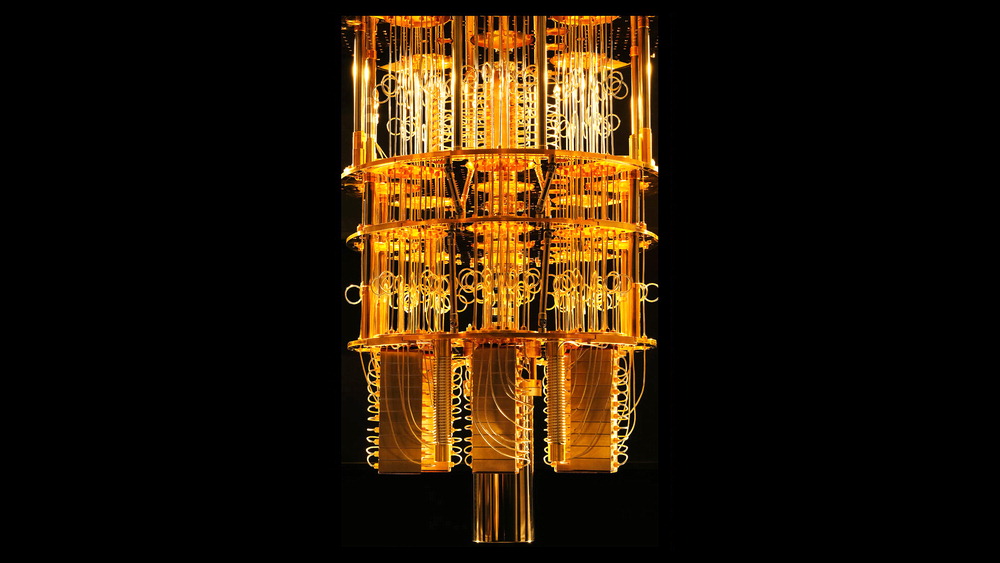
On the 26th (local time), a joint research team on the U.S. industry-academic system consisting of quantum computer company Quantumin, global investment company JP Morgan Chase, University of Chicago, University of Texas at Austin, and the Argonne National Laboratory announced the results of the study in Nature.
A qubit, which is a basic information unit of a quantum computer, may simultaneously represent 00·01, 10, and 11. This is due to the nature of quantum overlap. If it is a quantum computer with 56 qubits, it takes 1,000 years for the existing supercomputer to solve the problem in four minutes.
The problem is that as qubits increase, so does complexity. Quantum computers show randomness without any rules when calculated and measured. It was a difficult task in the scientific community to prove whether this randomness was a randomness based on actual quantum computer operation, but the research team proved this. It was revealed that the randomness seen by a 56-qubit quantum computer is the randomness of the actual quantum computer. The research team used a supercomputer to prove that the random numbers generated by quantum computers are actually random and newly generated.
The research team explained, "The results of this study mathematically prove that the randomness of quantum computers is real, paving the way for the use of quantum computers in real work."
Randomness is essential for building cryptographic systems using quantum computers. Scott Eranson, a professor at the University of Texas at Austin, who is considered an expert in quantum science and technology, also participated in the study.
Yoon Ji-won, CEO of SDT, a Korean quantum computer developer who studied with Professor Eranson at the Massachusetts Institute of Technology (MIT), said, "Proving randomness is meaningful in that we have expanded the scope of quantum computers to be used in cryptography and other fields."
Randomness
A technique to mathematically prove whether randomness generated by quantum computing techniques takes on actual randomness. Randomness, which means unpredictability, plays a key role in areas where security and reliability are important, such as encryption, finance, and simulation, and is a measure of the reliability of quantum computers.
[Reporter Go Jaewon]














